I'm a huge believer in self education and using knowledge as power for self growth but how do you trust what you see in social media when it comes to health and wellness studies? How do you become a scientific thinker? Here are some tips I threw together to help you sort everything out!
1. Did the study appear in a peer-reviewed journal? AKA did other experts review the study and findings independently? If not, be mindful and careful with it.
2. Who was studied, where was the study? Animal studies are often used but not always transferable to human findings and look further if this study was only done on men, finding might not be the same for women.
3. How big was the study? Typically more participants more valid results. If a study only had 10 participants take it with a grain of salt
4. Did the study take into account key differences? Diversity, gender, genetics, age, etc..
5. Was there a control group? For instance were some in the sample randomly assigned a specific diet while others weren’t?
6. Did the study results look at the relationships? Correlation is not causation!
7. Is a journalist or scientist OVERSTATING results? Watch for generalizations! Grand language! If there is language like “PROVES” that is a big red flag. Good studies just suggest they don’t prove.
8. Who funded the study? For instance: A recent study found that you could drink lots of sugary beverages without fear of getting fat, as long as you exercised. The study was funded by………….Coca Cola, which eagerly promoted the results, SHOCKER. This doesn’t mean the results are wrong. But once again take this into consideration
9. Is there a hidden agenda? Experiments on the value of a supplement that is trying to get into the billion dollar wellness market should be taken into account, this is also where who funded the study needs to be looked at again
10. Do the researchers of the study acknowledge flaws, limitations and offer alternative explanations? Does the study look at both sides? Is it open to alternative explanations? Does it provide its own skepticism?
BEST RULE OF THUMB: Be curious, but skeptical.

